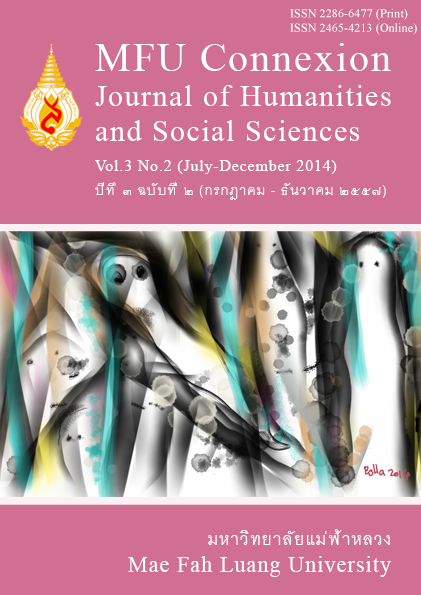หลักสุจริตกับความคุ้มกันของผู้ตรวจการแผ่นดินไทยจากความรับผิดทางแพ่ง
Main Article Content
Abstract
The purpose of this article is to find out the meaning, scope and fundamental of the immunity of Thai Ombudsman relating to “the principle of good faith” in the Thai Civil and Commercial Code and the Administrative law, compares with the New South Wales Ombudsman to propose the deployment of good faith, with the immunity of the Ombudsman Thailand from civil liability.
This study finds that the immunities of the Thai Ombudsman from civil liability originally considered legality in a strictly fixed form under the spirit of the law to protect the Ombudsman from arguing that the rulings of the Ombudsman’s practices may cause damages to the parties thereto. Hence, the principle of good faith shall be brought to be essence of the law to attenuate the hardship of the Immunity of Thai Ombudsman from civil liability and can be linked to the rationality of the law. The Principle of good faith serves as a measure of legitimacy under consideration the legality of the content in terms of integrity and trust. However, in practice it had not been deployed immunities of Thai Ombudsman from civil liability. This article presents an approach to deploy the Immunity of Thai Ombudsman from civil liability that based on the theory of the law, both in Thailand and abroad. Including the judgment Micro Focus v NSW (2011) FCA 787, which can divide the deployment into four cases: (1) Violations resulting from the performance of the Ombudsman in general. (2) Violations resulting from compliance with the good faith of the duties of the Ombudsman. (3) Violations resulting from the acts in compliance with the authority in bad faith of the Ombudsman; and (4) Violations caused by abuse of the authority of the Ombudsman. The guideline of deployment should be stated with sufficient clarity for the Ombudsman shall be deployed under duties which shall be an important tool to promote the Ombudsman to enforce the law on his duty in order to solve the problems arising from complaints effectively without fear of civil liability, which may arise therefrom.
Article Details
Copyright
Connexion: Journal of Humanities and Social Sciences has an exclusive right to publish the accepted articles in any form. However, the author retains the following rights:
1. The right to the ownership of the article;
2. The right to use all or part of the article in his/her other works;
3. The right to re-produce the article for personal use or for use in the author’s organisation, in which case the author must obtain permission from Connexion: Journal of Humanities and Social Sciences;
4. The right to make copies of all or part of the work for educational use or for the author’s use in classroom teaching; and
5. The right to include the work (both the preprinted and printed versions) in an institutional repository.
References
กิตติศักดิ์ ปรกติ. (2555) หลักสุจริตและเหตุเหนือความคาดหมายในการชำระหนี้, กรุงเทพฯ: วิญญูชน.
พิรุณา ติงศภัทิย์ (บรรณาธิการ). (2552) การใช้การตีความกฎหมาย, กรุงเทพฯ: เดือนตุลา.
วรนารี สิงห์โต. (ม.ป.ป.) หลักสุจริต, จาก https://www.stou.ac.th/schools/slw/upload/ex40701-1.pdf [ค้นเมื่อ 25 กันยายน 2555] Ombudsman Act 1974. No. 68, (NSW).


